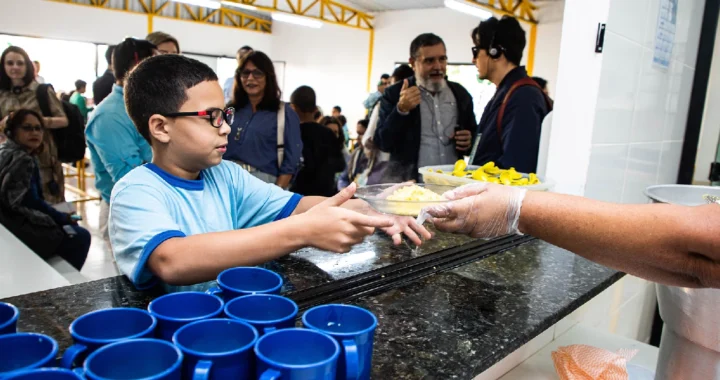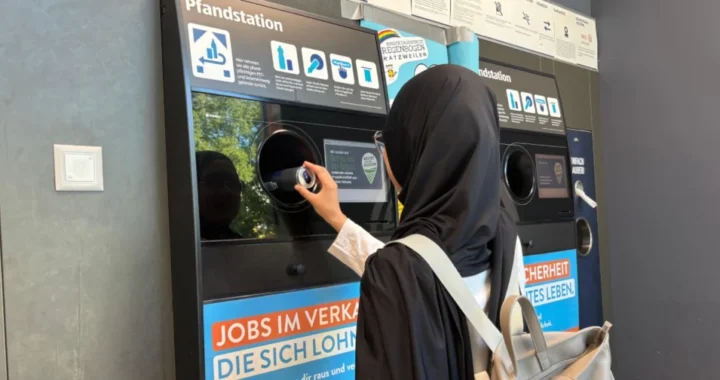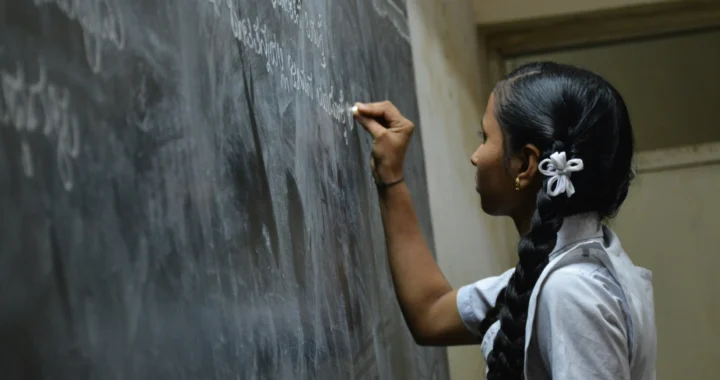Bishops in Asia Renew Commitments to Support Environmental Stewardship and Climate Action

Photo: Thomas Bormans on Unsplash.
The role of faith and religious-based institutions in advocating and supporting sustainable development is a largely untapped potential. At the Federation of Asian Bishops’ Conferences, Catholic bishops in Asia called for a renewed commitment to environmental stewardship and climate action.
Environmental Stewardship in Faith and Religion
Over 80% of the world’s population is affiliated with a religion. Faith and religion can offer comfort and guidance for those who seek it, especially in times of crisis. Around the world, religious institutions and faith-based communities have begun to harness their power and potential to help address the world’s most urgent issues, including the climate crisis.
Encouraging environmental stewardship is an inherent teaching of many faiths and religions, including Catholicism. In 2015, Pope Francis published an encyclical titled “Laudato si’: On Care for Our Common Home.” The encyclical criticizes consumerism and environmental degradation and calls for global, united action to care for the Earth as our common home.
The encyclical was followed by the publication of “Laudate Deum,” also written by Pope Francis, in 2023. The document echoes the previous letter by urging immediate actions against the climate crisis and calling for global cooperation from country and organization leaders.
Call to Action by Bishops in Asia
In March 2025, the Catholic bishops in Asia published a Pastoral Letter under the Federation of Asian Bishops’ Conferences (FABC). Titled “A Call to Ecological Conversion”, the letter conveys a renewed commitment to environmental stewardship and actions to end the climate crisis.
“On the 10th anniversary of Pope Francis’ encyclical Laudato Si’, a prophetic call for humanity to rediscover its relationship with creation, God, and one another, we renew our commitment to care for our common home,” the bishops wrote.
In the letter, the bishops pointed out the rampant ecological crisis across Asia. Several cities in Asia have been regarded as top-polluted cities multiple times, while rising temperatures have led to melting glaciers in the Himalayas, threatening water security. These issues, along with deforestation and food insecurity, disproportionately impact people living in poverty, small island residents, and vulnerable groups, including women and children.
Still, signs of hope exist amid the challenges. The letter highlights the roles of local communities, youth, and interfaith and civil society for their continuous efforts and resilience in fighting for the environment: “These signs of hope remind us that suffering is not the end.”
A Better Future for All
Ultimately, religious institutions and faith-based organizations have enormous potential to raise awareness on environmental stewardship and mobilize tangible actions to achieve a better world for all. This includes taking an active role in ending harmful practices, investments, and systems that can be detrimental to people and the planet.
The bishops conclude the Pastoral Letter by encouraging active participation at the international, regional, and local levels, including in COP30. They wrote, “As local Churches in Asia, we must rise to meet this moment with courage and determination. We must address the ecological crisis through four critical dimensions: mitigation, adaptation, legislation, and finance.”
Editor: Nazalea Kusuma

Strengthen your personal and professional development with GNA Subscription.
If you find this content useful, please consider subscribing to Green Network Asia for digital access to interdisciplinary and cross-sectoral insights on sustainability-related issues and sustainable development across the Asia Pacific and beyond.
Select Your Subscription Plan
Kresentia Madina
Madina is the Assistant Manager for Digital Publications at Green Network Asia. She graduated from Universitas Indonesia with a bachelor's degree in English Literature. She has three years of professional experience working on GNA international digital publications, programs, and partnerships particularly on social and cultural issues.


 In the Great Barrier Reef, Corals Suffer Under Cumulative Pressure
In the Great Barrier Reef, Corals Suffer Under Cumulative Pressure  Looking into the School Feeding Programs in Latin America and the Caribbean
Looking into the School Feeding Programs in Latin America and the Caribbean  Germany’s Pfandsystem, a Trash Deposit System for Waste Management
Germany’s Pfandsystem, a Trash Deposit System for Waste Management  Keys to Ensuring Inclusive Urban Transport Systems in the Asia-Pacific
Keys to Ensuring Inclusive Urban Transport Systems in the Asia-Pacific  Building Resilience Through Environmental Education in Odisha
Building Resilience Through Environmental Education in Odisha  SEAblings and Beyond: The Rise of Grassroots Movements Amidst Crisis
SEAblings and Beyond: The Rise of Grassroots Movements Amidst Crisis